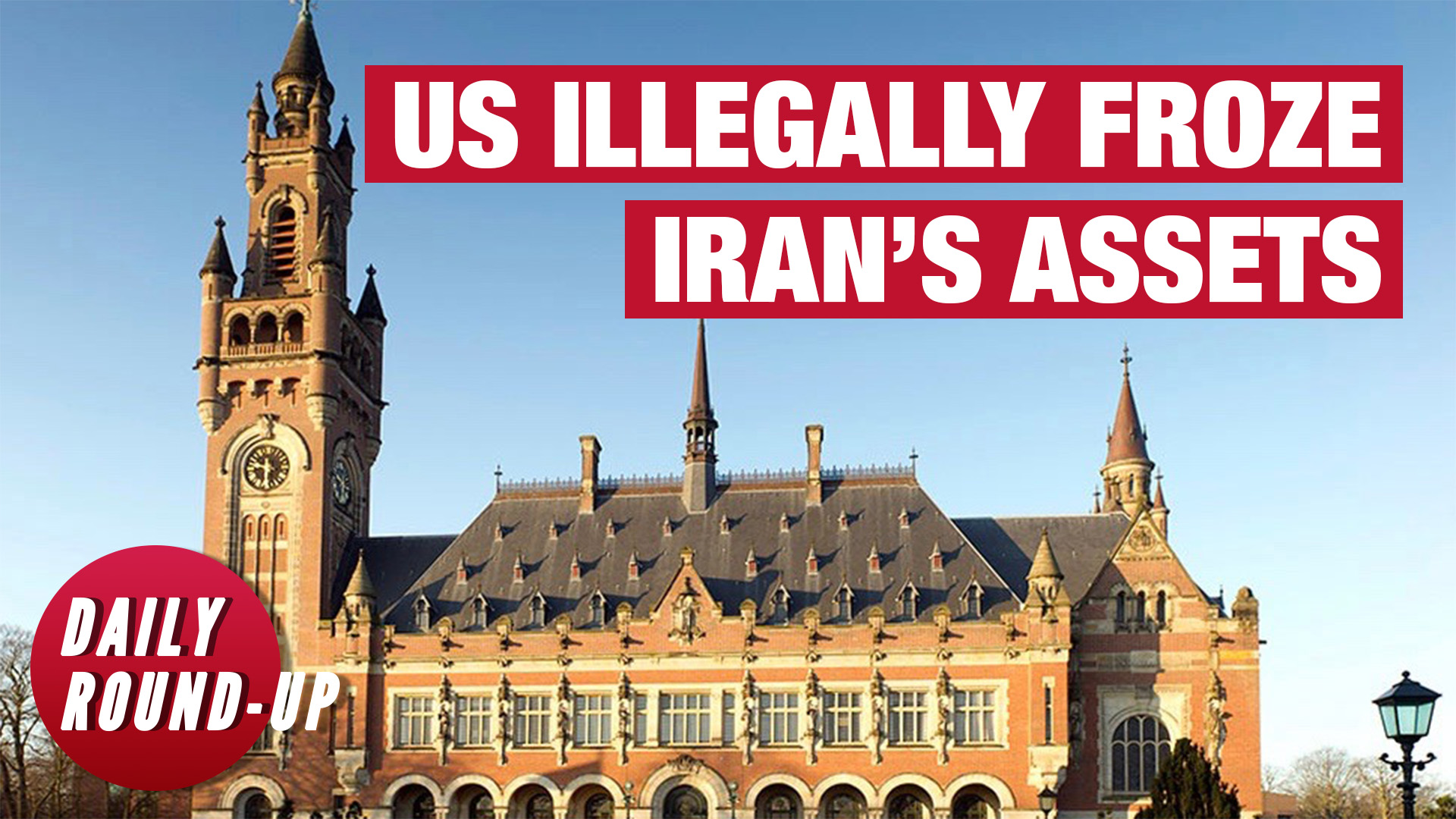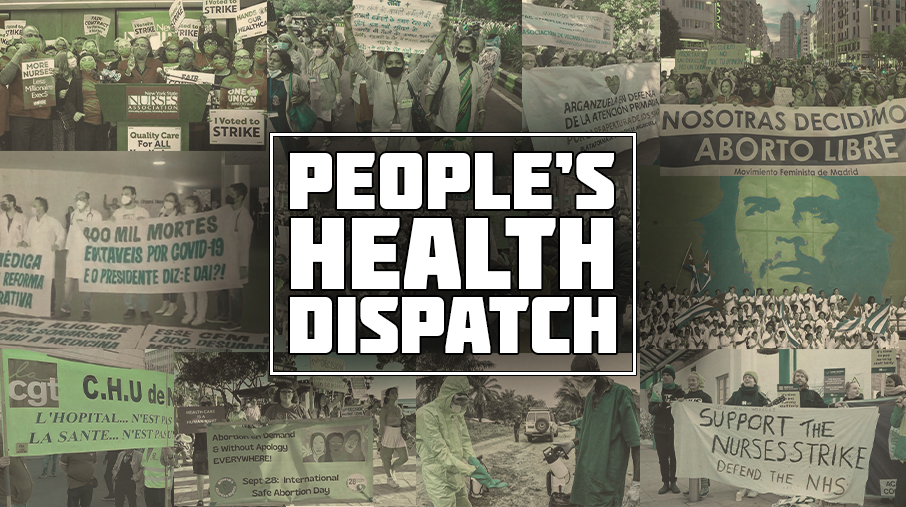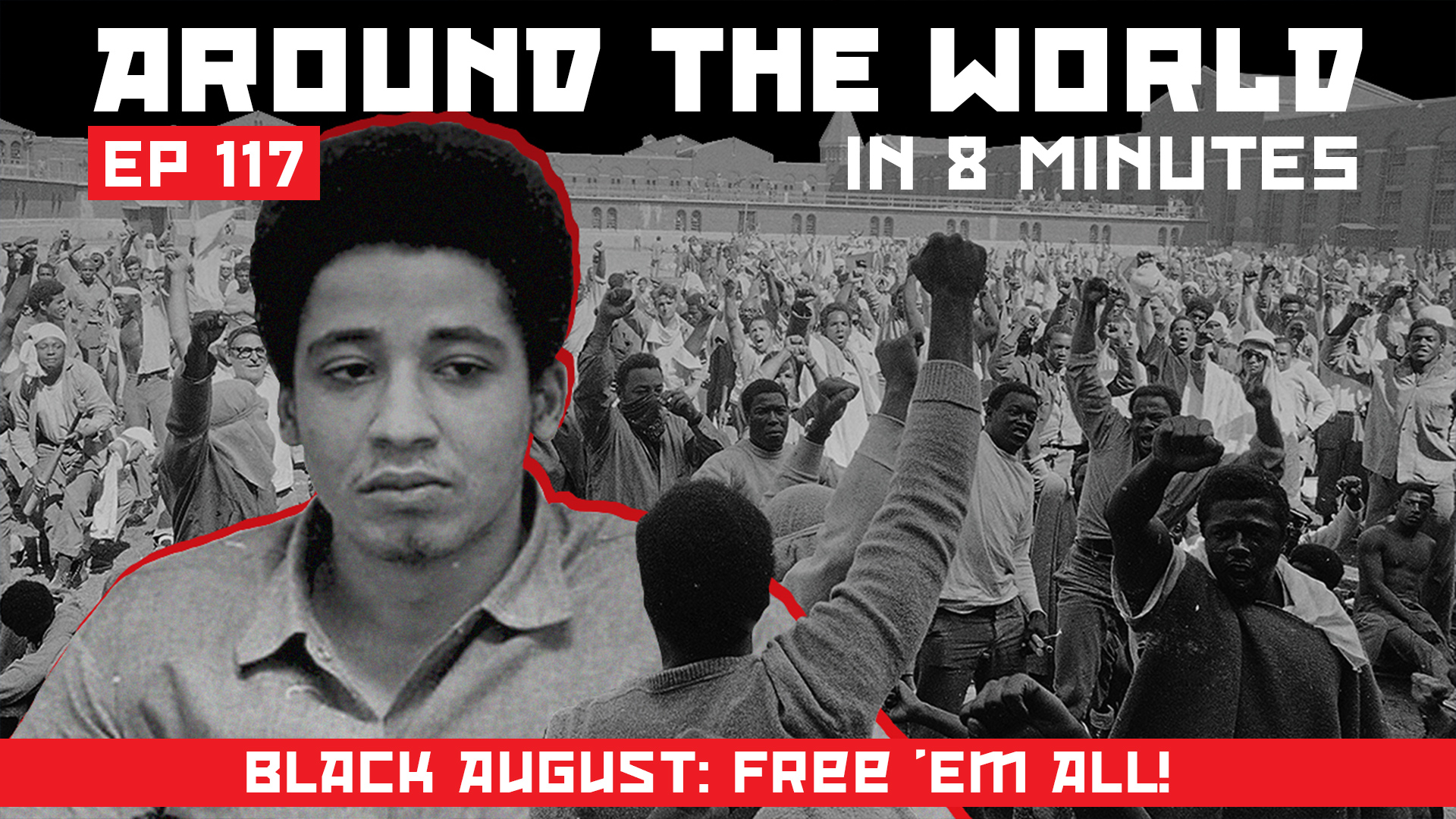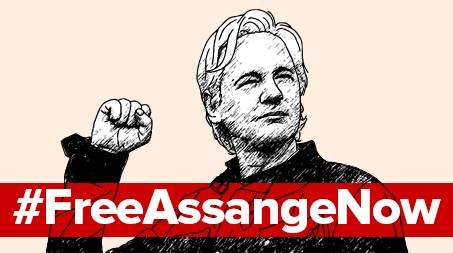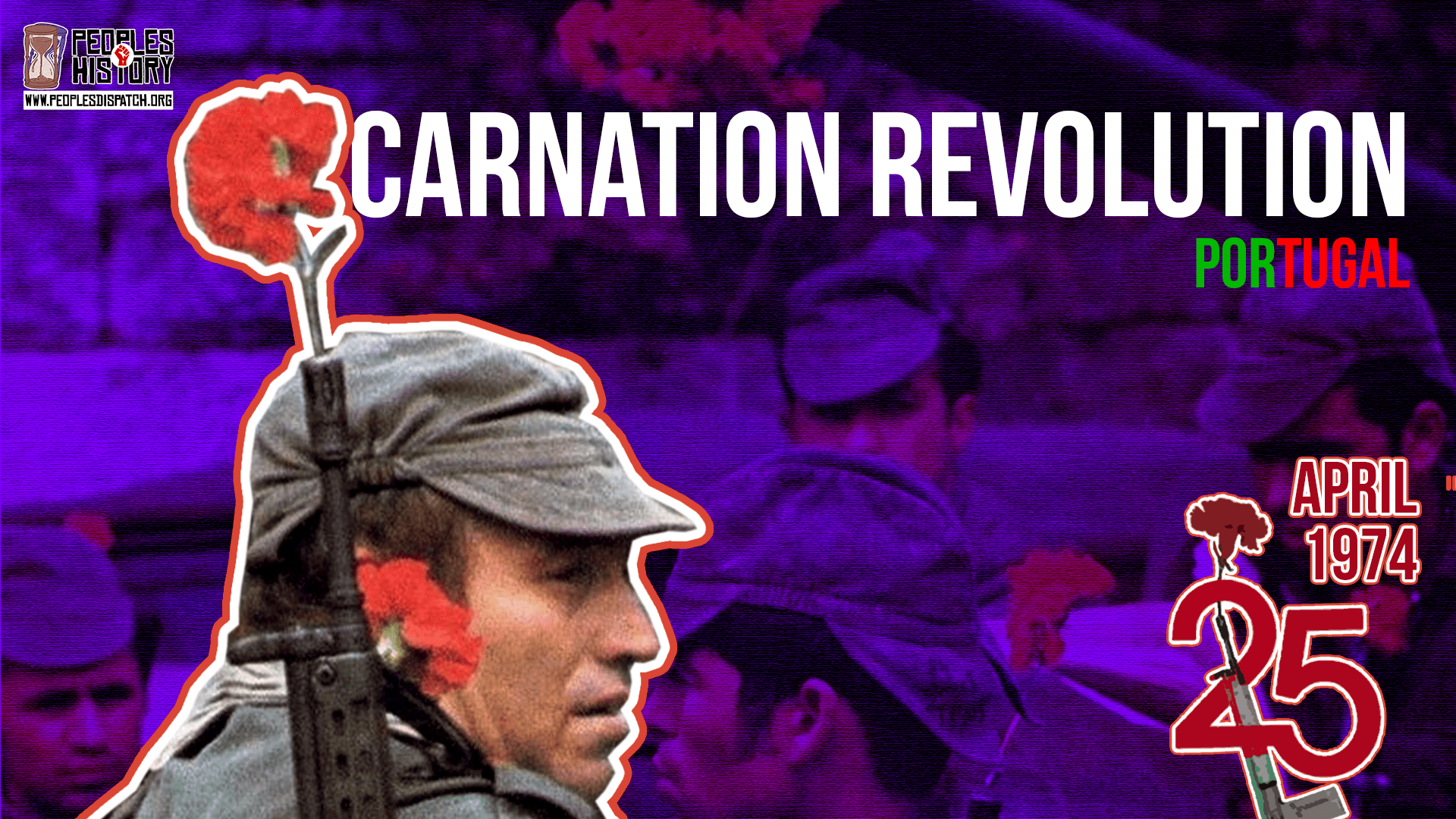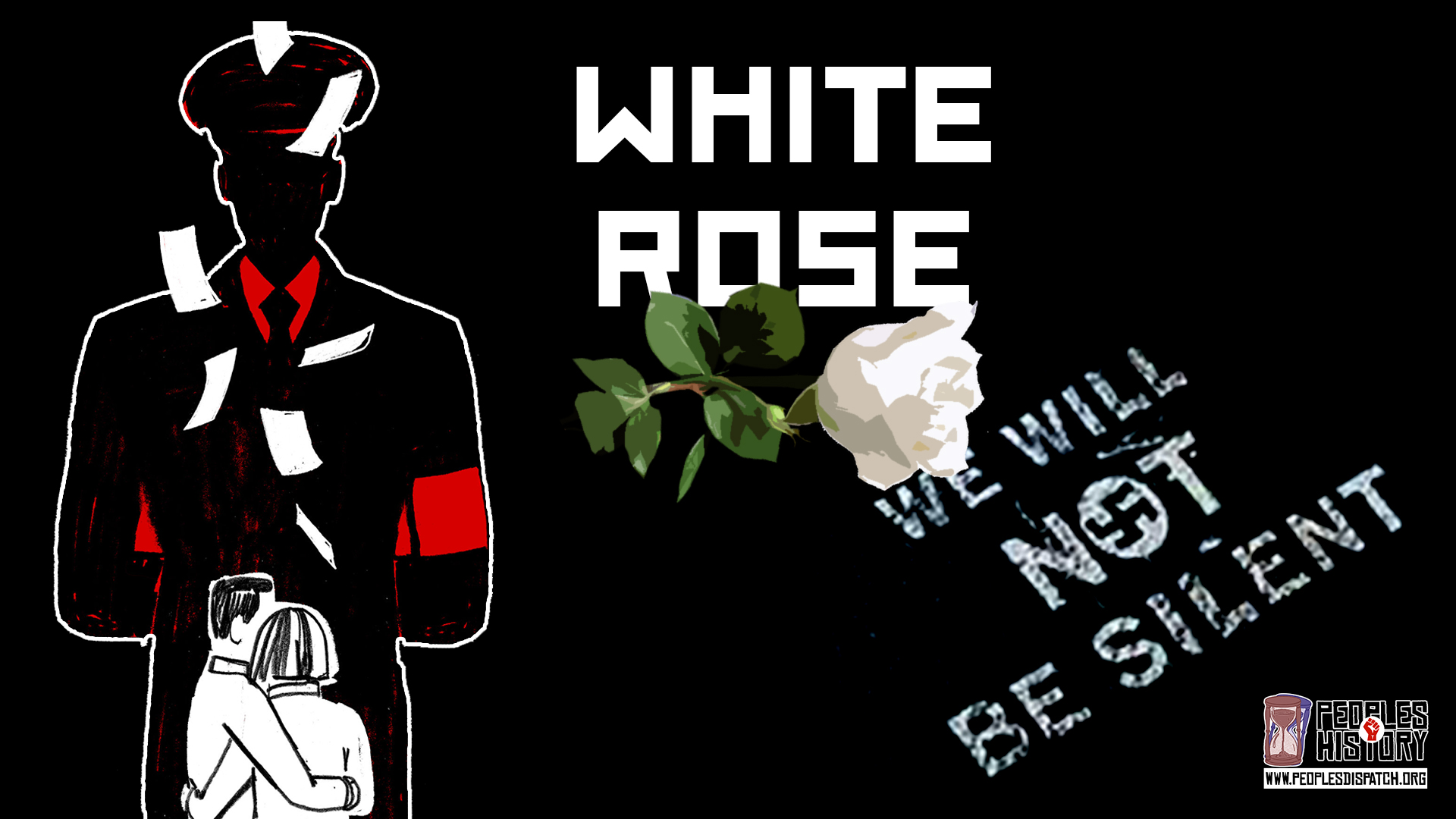 Special court in Colombia grants amnesty to former FARC leader Rodrigo Granda
Special court in Colombia grants amnesty to former FARC leader Rodrigo Granda
Rodrigo Granda was sentenced to 70 months in prison on charges of rebellion in April 2006. He was known as the Foreign Minister of FARC and is now a member in the national board of the Comunes party
 ‘False Positives’: How Colombian army killed innocents for rewards
‘False Positives’: How Colombian army killed innocents for rewards
Over the past few weeks, retired officers of the Colombian armed forces have been charged with crimes against humanity for the brutal killing of innocent civilians during the rule of Álvaro Uribe
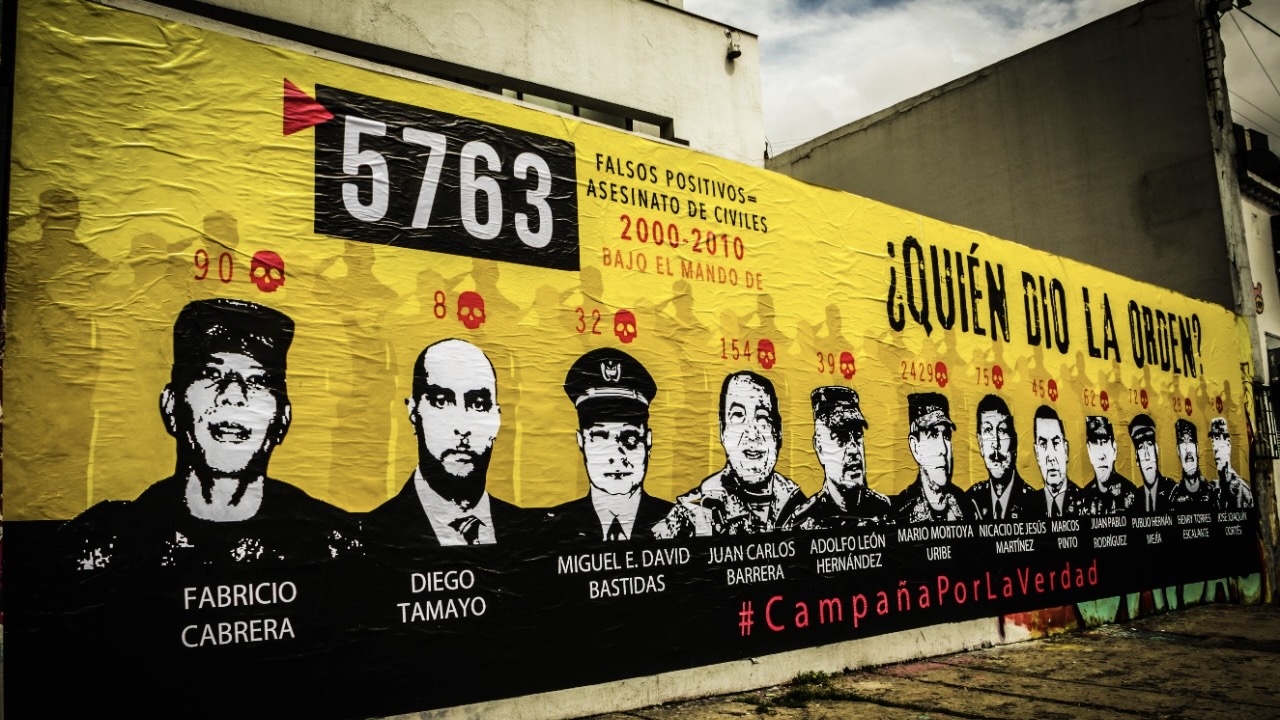 Special court in Colombia convicts 22 former military officers for killing over 300 innocent civilians
Special court in Colombia convicts 22 former military officers for killing over 300 innocent civilians
The JEP determined that the members of the 16th Brigade killed 303 innocent people between 2005 and 2008 in the Casanare department, and then framed them to authorities as guerrilla fighters killed in combat to obtain rewards
 Colombian ex-military officers admit role in killing 120 civilians and other stories
Colombian ex-military officers admit role in killing 120 civilians and other stories
Today we look at a public hearing in Colombia’s False Positives scandal, acute food insecurity and drought in the Horn of Africa, and more
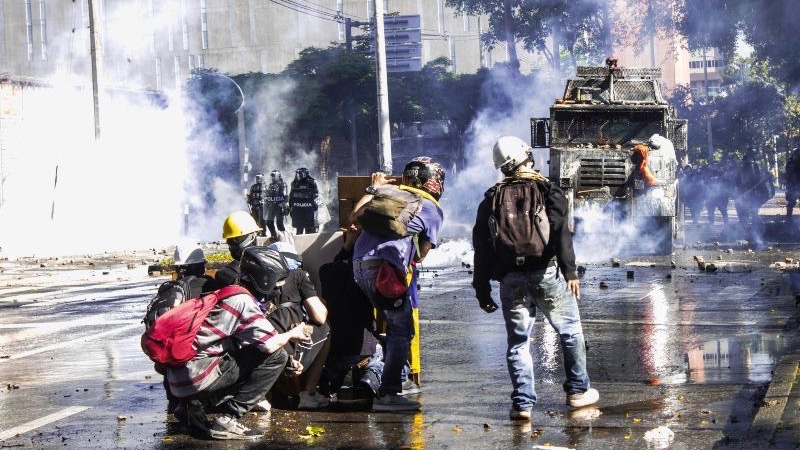 10 weeks of national strike in Colombia and the state violence continues
10 weeks of national strike in Colombia and the state violence continues
In the past 70 days of national strike and nationwide mobilizations, at least 84 people have been killed by the national security forces. Additionally, in the past three months, 16 former FARC combatants and 49 social leaders and human rights defenders have been assassinated by illegal armed groups
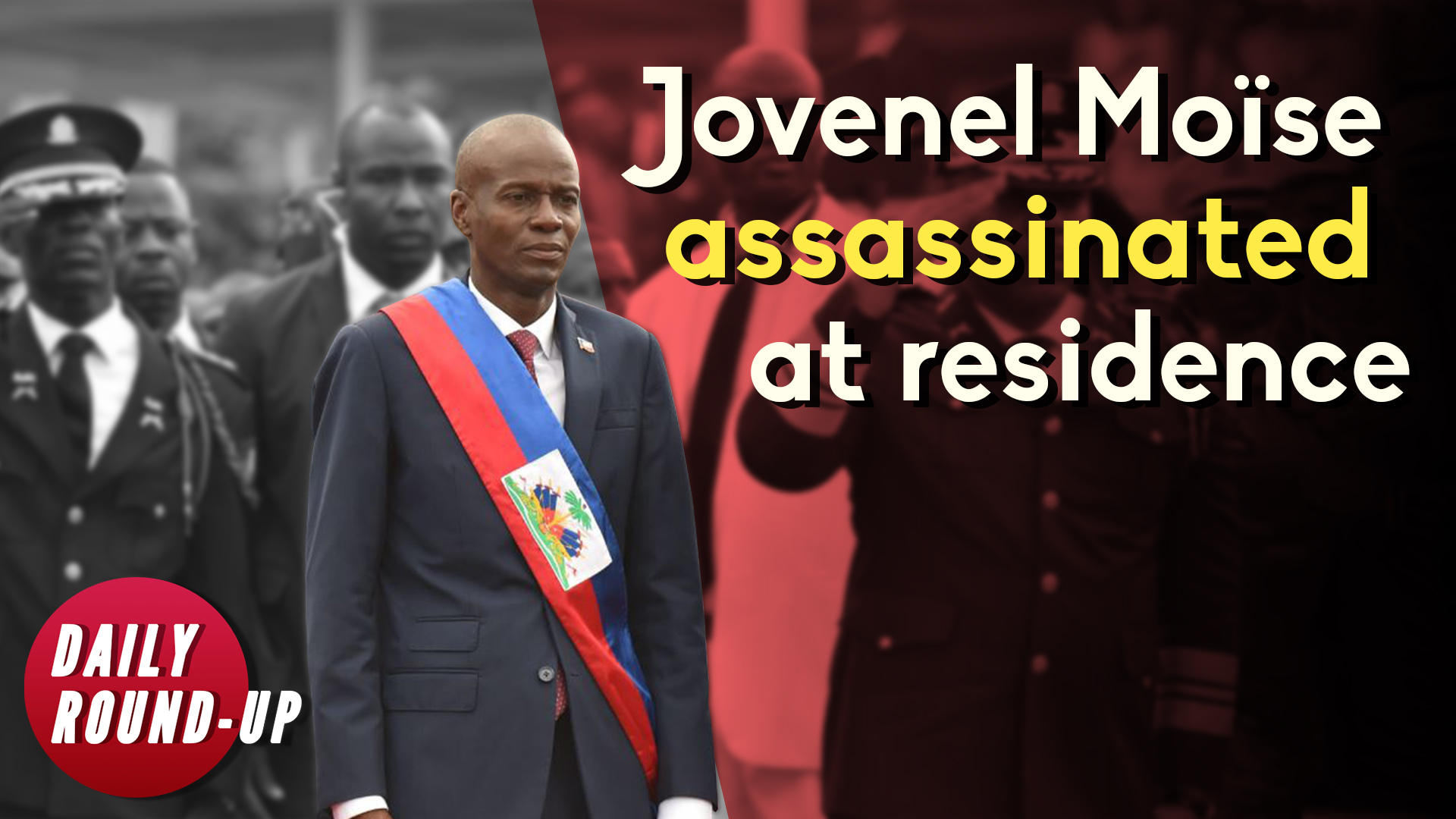 Haiti’s de facto president Jovenel Moïse killed in overnight attack and other stories
Haiti’s de facto president Jovenel Moïse killed in overnight attack and other stories
Today we look at the killing of Haiti’s de facto president Jovenel Moïse, soldiers accused of killing civilians as part of Colombia’s false positives case and more
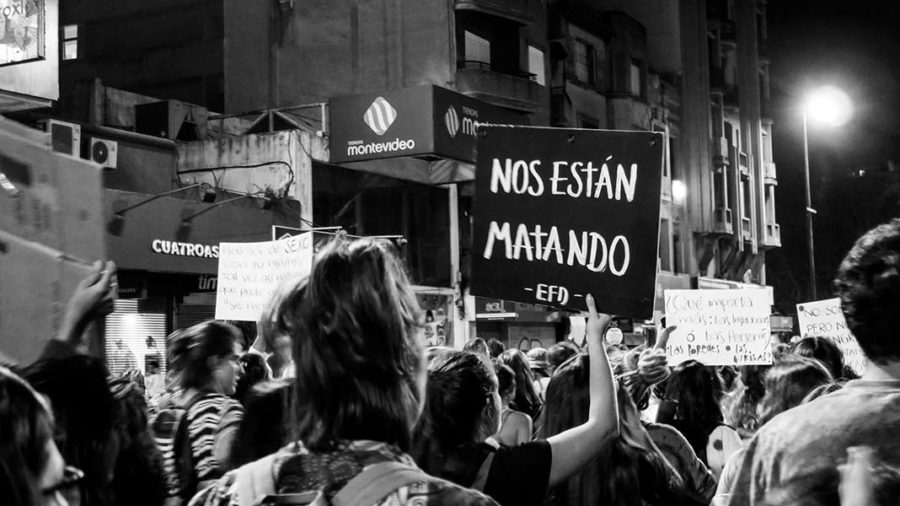 Colombia’s JEP warns that this January is most violent since 2016
Colombia’s JEP warns that this January is most violent since 2016
As of January 29, 2021, 17 social leaders and 5 ex-combatants of the FARC have been assassinated in Colombia. Additionally, over 21 people have been killed in 8 massacres registered this month
 We were obliged to take up arms again: FARC leaders announce return to armed resistance
We were obliged to take up arms again: FARC leaders announce return to armed resistance
Citing the violation of the peace agreements and the human rights crisis, leaders of the demobilized Revolutionary Armed Forces of Colombia Iván Márquez and Jesús Santrich announced a return to armed struggle
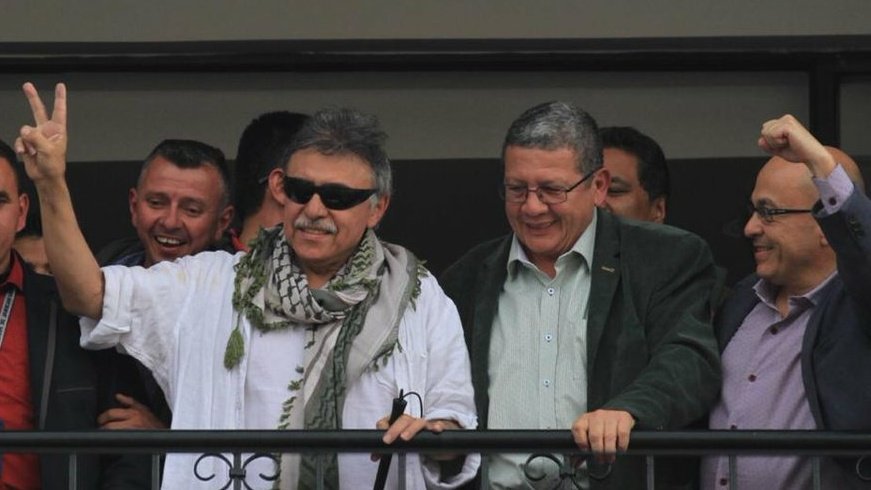 Jesús Santrich, free at last
Jesús Santrich, free at last
Colombia’s Supreme Court ordered the immediate release of political prisoner Jesús Santrich on May 29. Speaking to reporters after his release, he reiterated his commitment to a true and lasting peace in the country
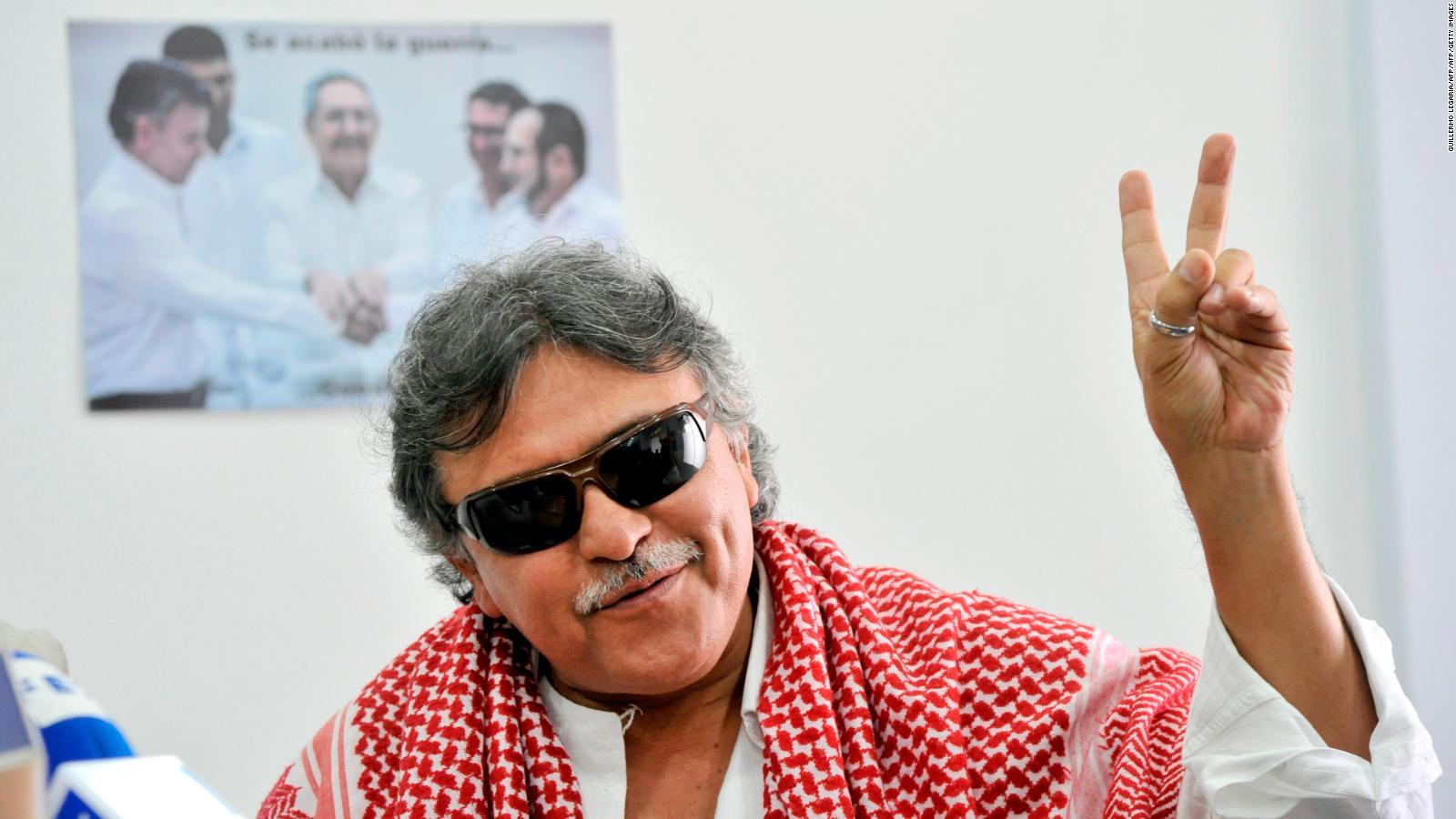 Jesús Santrich in critical condition after release and re-arrest
Jesús Santrich in critical condition after release and re-arrest
After minutes of being freed from La Picota Prison, a nearly unconscious Santrich was re-arrested under orders of the Attorney General of Colombia
 Colombian lower house rejects president Duque’s objections to Special Jurisdiction for Peace
Colombian lower house rejects president Duque’s objections to Special Jurisdiction for Peace
On March 10, Duque objected to 6 of the 159 articles of the Statutory Law of the Special Jurisdiction for Peace [JEP]. The Senate will next decide on the objections and if it also rejects them, the president will be forced to approve the Bill


